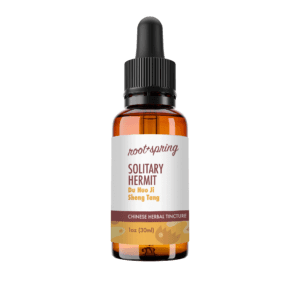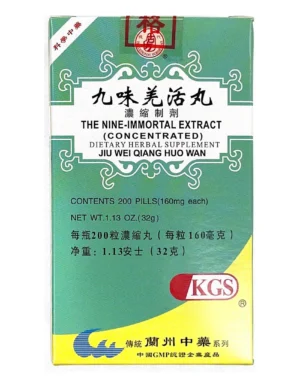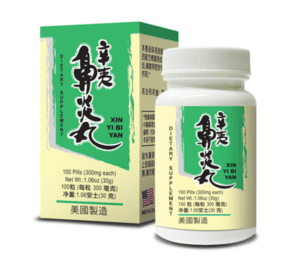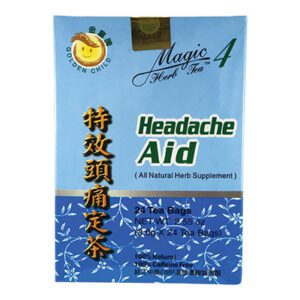Xi Xin
English Name: asarum, Chinese wild ginger, Manchurian wild ginger, Siebold wild ginger
Pharmaceutical Name: Herba Asari
Medica Category: Interior-Warming Herbs
Properties: Xi Xin enters the Lung, Heart, and Kidney channels; it is acrid in nature and warm in temperature.
What is Xi Xin?:
The Chinese Herb Xi Xin is dried asarum (aka Siebold or Chinese wild ginger—Asarum sieboldii Miq.; Asarum heteropoides Fr. Var. mandshuricum (Maxim.) Kitag.), a low-growing/spreading herb in the ginger family that grows in temperate to cold climes in the Northern parts of China.
Traditional Chinese Medicine (TCM) Therapeutic Actions of Xi Xin:
Xi Xin dispels wind and cold from the exterior and is used as an assistant in Wind-Cold release formulas when head and body aches are prevalent symptoms. This herb also disperses wind and cold internally to treat pain anywhere in the body– particularly headaches and bi pain (i.e. pain and stiffness caused by cold and dampness blocking the channels and collaterals). Xi Xin also helps with chronic low back pain (see the formula Du Huo Ji Sheng Wan), chest congestion and pain, and pain in the lower extremities (again from cold stagnation in the channels).
Xi Xin warms the Lungs and resolves phlegm and is used when dampness and cold in the Lung impairs its normal functions of respiration and transportation of fluids. The cold in the Lungs and consequent fluid build up most often presents as cough with profuse white or clear sputum, dyspnea, wheezing, and stifling sensations in the chest.
Xi Xin opens the sensory orifices of the head to address nasal obstruction (applied topically to the nostrils) or to restore consciousness (blow Xi Xin powder into the nostrils with a straw). Note that in powdered raw form this herb is toxic and recommended dosages (0.5 – 2 grams in Chen & Chen, p 455) should be strictly adhered to.
Xi Xin promotes the healing of oral ulcerations and is also used to relieve toothaches.
–safety notes:
Use with caution during pregnancy.
Xi Xin should not be taken long-term or in large doses (Dr Joel Penner of American Dragon suggests no more than 2g/day) as it is slightly toxic to the Kidney. Commercially available Xi Xin is generally cooked long enough to reduce or remove the toxicity of safrole (an essential oil responsible for this herb’s toxicity), but it recommended to know your source for this herb.
Additionally, we highly recommend using this herb only under consult with a trained TCM herbal practitioner because it works well only if you get the diagnosis right—otherwise, you could, for example, use it for the “wrong” kind of headache and end up exacerbating the underlying situation and feeling worse for the wear.







